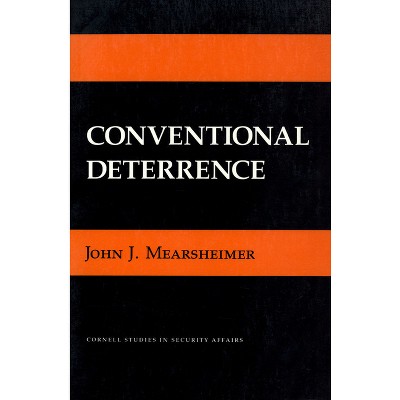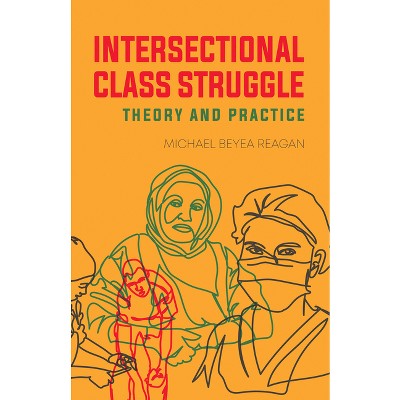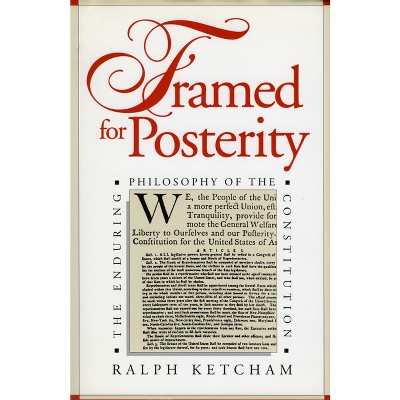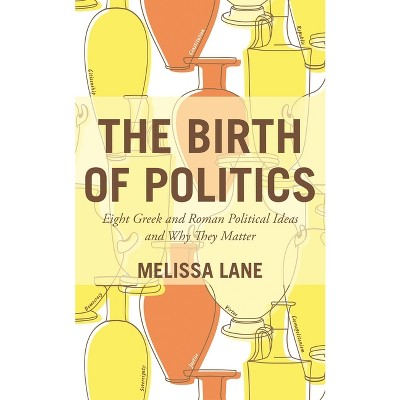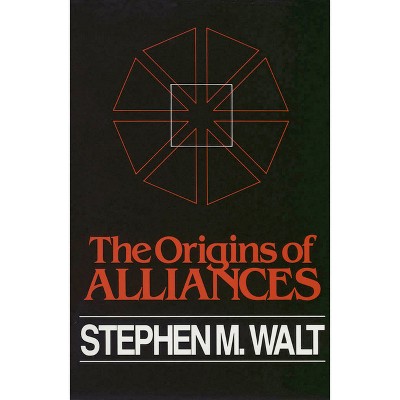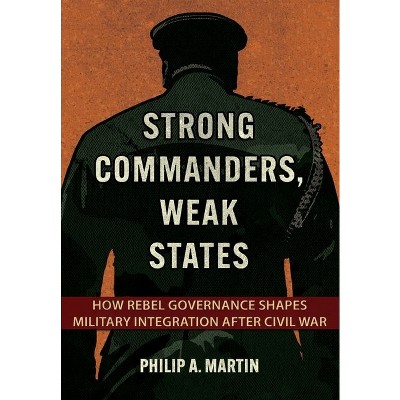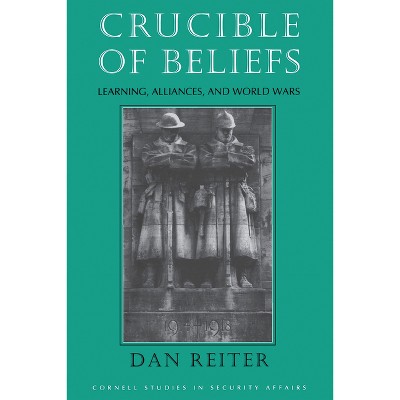Sponsored

A Lost Peace - (Cornell Studies in Security Affairs) by Galen Jackson (Hardcover)
In Stock
Sponsored
About this item
Highlights
- In A Lost Peace, Galen Jackson rewrites an important chapter in the history of the middle period of the Cold War, changing how we think about the Arab-Israeli conflict.During the June 1967 Middle East war, Israeli forces seized the Sinai Peninsula and the Gaza Strip from Egypt, the Golan Heights from Syria, and the West Bank and East Jerusalem from Jordan.
- About the Author: Galen Jackson is Assistant Professor of Political Science at Williams College.
- 276 Pages
- Political Science, International Relations
- Series Name: Cornell Studies in Security Affairs
Description
About the Book
"The idea that the Cold War was a natural political outcome of the Soviet Union's Communist ideology is a common one. However, this book argues that American policy was a key reason for that conflict's continuation. Its focus is on US-Soviet diplomacy in the Middle East after June 1967"-Book Synopsis
In A Lost Peace, Galen Jackson rewrites an important chapter in the history of the middle period of the Cold War, changing how we think about the Arab-Israeli conflict.
During the June 1967 Middle East war, Israeli forces seized the Sinai Peninsula and the Gaza Strip from Egypt, the Golan Heights from Syria, and the West Bank and East Jerusalem from Jordan. This conflict was followed, in October 1973, by a joint Egyptian-Syrian attack on Israel, which threatened to drag the United States and the Soviet Union into a confrontation even though the superpowers had seemingly embraced the idea of détente. This conflict contributed significantly to the ensuing deterioration of US-Soviet relations.
The standard explanation for why détente failed is that the Soviet Union, driven mainly by its Communist ideology, pursued a highly aggressive foreign policy during the 1970s. In the Middle East specifically, the conventional wisdom is that the Soviets played a destabilizing role by encouraging the Arabs in their conflict with Israel in an effort to undermine the US position in the region for Cold War gain.
Jackson challenges standard accounts of this period, demonstrating that the United States sought to exploit the Soviet Union in the Middle East, despite repeated entreaties from USSR leaders that the superpowers cooperate to reach a comprehensive Arab-Israeli settlement. By leveraging the remarkable evidence now available to scholars, Jackson reveals that the United States and the Soviet Union may have missed an opportunity for Middle East peace during the 1970s.
About the Author
Galen Jackson is Assistant Professor of Political Science at Williams College.
Shipping details
Return details
Frequently bought together

Trending Non-Fiction






Discover more options
